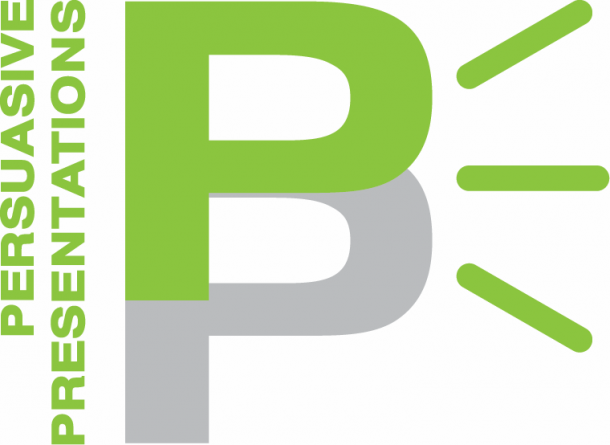When it comes to public speaking, people fear questions. Fear looking stupid, fear speaking on the spot and fear loss of credibility when they don’t know the answer.
Invariably they overstuff their speeches with excess information hoping to avoid question time and end up being highly defensive when an audience member requests clarification.
Here are 5 ways to answer questions confidently when delivering your next presentation (public speaking).
1. Do your homework
Last year I coached a Senior Detective from the South Australian Police Force. He was one of the Police Officers you see delivering the media update on ongoing investigations. I was helping him develop skills to think on his feet as he was constantly getting thrown by questions from reporters.
The first step is preparation. If the topic is in the public domain – Google it! Read blogs and comments on news sites. Find out what the public views (both negative and positive) are on the topic. This will highlight any concerns or misconceptions they may have and you can prepare a strategy to answer them. Brainstorm. Look for any holes in your argument. Prepare answers to these questions should the arise. If presenting internally, run your topic past your peers and key opinion leaders and gather their views.
2. Be aware of snipers
Snipers are audience members who wish to undermine you. It is important not to humiliate the sniper as you do not wish to create an enemy. If their question is completely off topic you can politely deflect their question (see point 5) if they ambush you with a question outside of your area of expertise the best way to handle them is to say:
“I don’t have the information I need at hand to answer that question at this point – and I don’t wish to mislead you with the incorrect information, so I will need to get back to you on that point”
3. Slow down
Nerves often cause us to rush in without properly clarifying the question. Try and slow down the interaction. When you are asked a question; Smile and look like a listener. Lean in and concentrate on when the person is saying (and, what they aren’t saying!) and then clarify, clarify and clarify. Tease out the meaning behind their question, ask for an example and then reflect back to the audience member to ensure that you have understood them correctly.
This serves two purposes: First it gives you time to think and secondly it ensures that you focus in the issue at hand
4. Have a structure strategy
There is a wonderful saying: “A well presented opinion will beat a poorly presented argument” Toastmasters International provides three ways to present your impromptu answer.
Depending on the question you can use:
1. ‘PREP’ (Point of view, Reason, Example Point of view)
2. ‘Past Present Future’
3. ‘Local National Global’
So if the topic is ‘Public transport in Sydney’ you may wish to respond with:
1. “I really like the train system in Sydney as they are fast, timely and cost effective. For example when I was in Sydney last week I caught the airtrain to the CBD and not only did I avoid the peak hour traffic, but the cost was about a quarter of a cab fare. So I think public transport in Sydney is great.”
2. “In the past I never used public transport in Sydney as I always either drove myself or caught a taxi. These days though with the cost of city parking I find it more cost effective and easier just to use the Sydney train system. In the future as the services improve I can see myself relying even more on public
transport.”
3. “Locally the public transport system works well, in fact the Sydney system is probably the benchmark for public transport in Australia. Globally though we fall behind, with cities like London, New York and Hong Kong delivering far superior public transport systems.”
The more you practice these techniques, the better you get. I recommend to those I coach that they practice these techniques when watching the news and hypothesise how they would answer a question on the news story topic.
5. Deflect
Be confidently assertive when handling questions when public speaking. If the question is completely off topic or not on the agenda create a ‘carpark’ section in the minutes and add it to the next meeting’s agenda. If the answer will blow out your time allocation state that you are conscious of the time and you will be happy to address the question during the break.
*****
Question time should be embraced when public speaking – focus on telling the audience what you do know. Rejoice in the fact that you have increased their engagement and that they want to know more.
- The Three Networking Circles You Need - April 15, 2024
- Mind Matters - February 1, 2024
- Are you a boss or a leader? - September 22, 2023


